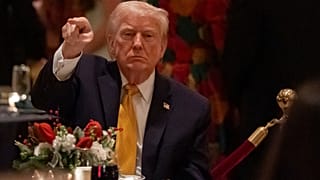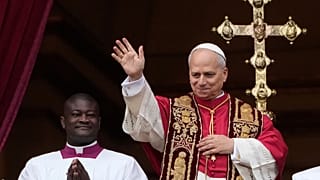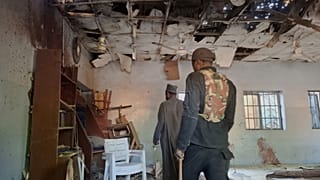Nigeria
Nigerians continue to endure long lines at fuel pumps as the country continues to face a severe fuel crisis.
According to reports, the crisis has been triggered by an acute dollar shortage and the state oil company’s inability to sign agreements that will enable the exchange of crude oil for gasoline.
NUPENG: Fuel Scarcity will Persist Without Forex: The Nigeria Union of Petroleum and Natural Gas Workers (NUPE… https://t.co/0vhjPaAqqf
— THISDAY LIVE (@THISDAYLIVE) March 17, 2016
As a result, many fuel stations have been closed across the country crippling the nation’s economy.
Yarima Zafanaya a businessman in Abuja laments, “It’s somehow very very bad. How can somebody be in the queue since morning up to this hour now? It is almost 12 now and we have not gotten what we came for.”
The country’s fuel crisis has lingered for several months and has paved the way for black market traders who sell gasoline in jerry cans. This gasoline is often sold at a much higher price.
“Government is trying its best, there is a sabotage and the whole idea is sabotage. Some people are sabotaging the efforts of the government,” a Civil servant Aliti Sambo said.
— Bukola Saraki (bukolasaraki) March 15, 2016
NNPCgrouphas assured that they are working to get fuel to every part of Nigeria. sure they won't forget my State https://t.co/3TOGj61oYo
Nigeria is Africa’s biggest oil producer, yet the country imports all of its domestic gasoline and about 90 percent of petroleum products.
For a long time now, the country’s oil and gas sector has been marred by widespread corruption. It is in this regard that President Muhammadu Buhari vowed to tackle graft in the industry.











02:00
Nigeria: Rescued teacher reunites with family as last captives are freed
00:58
Nigeria and Tanzania get ready to face off in Fez in round one of AFCON Group C
01:35
Nigeria boosts security as 130 kidnap victims freed
Go to video
130 kidnapped Nigerian students freed after one month in captivity
01:00
Christmas lights attract Lagos residents despite violence and rising costs
01:13
Nigeria reopens 47 unity schools after security beef-up